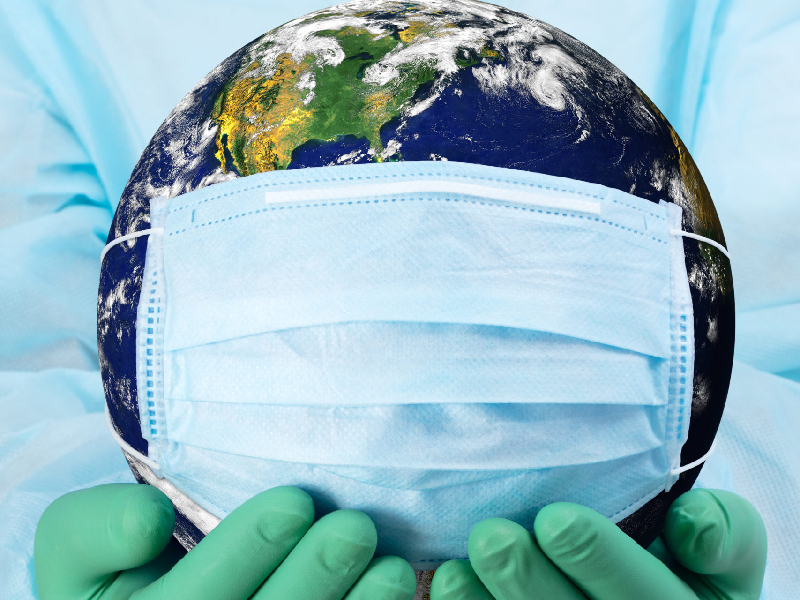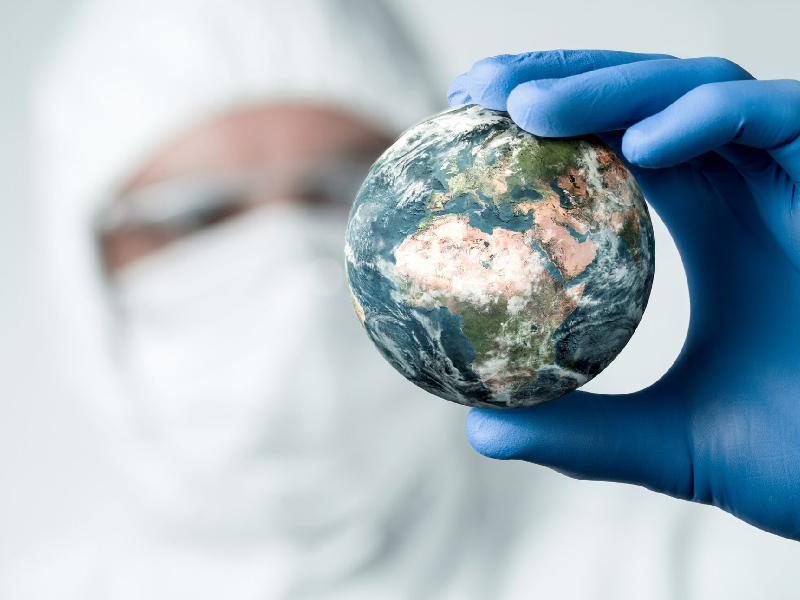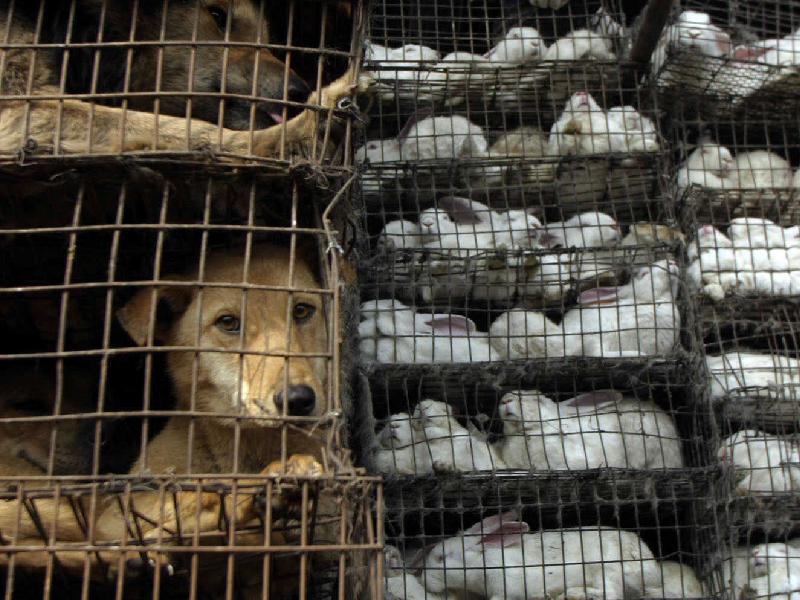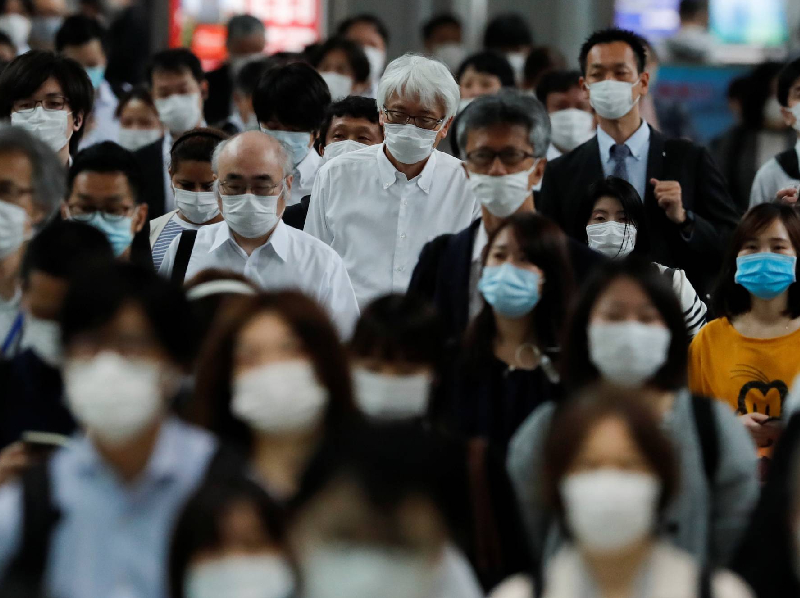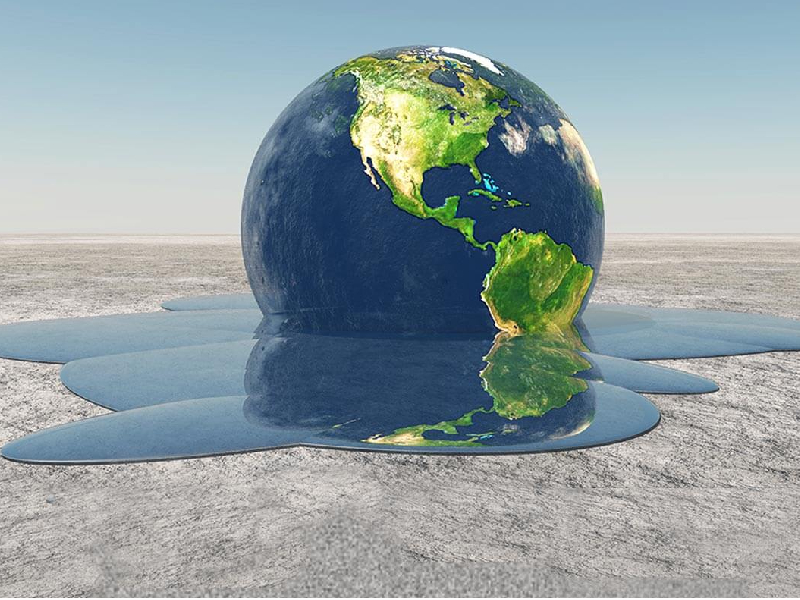|
By Akilah James Each year, April 22nd marks International Mother Earth Day. The day re-establishes the importance of environmental protection as well as a call to fight climate change. With the climate crisis only getting worse, this year’s International Mother Earth Day focuses on the importance of biodiversity - and Covid-19 pandemic’s harsh effects on our ecosystems. The ongoing COVID-19 pandemic has already caused unimaginable hardships around the world. According to The United Nations, the pandemic will cause profound and lasting economic and social consequences in every corner of the globe. We need to take into consideration the “environmental signals” - and what they mean for our future and wellbeing. As Covid-19 is by no means a “silver lining” for the environment. The Coronavirus outbreak poses a huge risk to public health and the global economy as well as biological diversity.With earth rapidly deteriorating, there is a growing concern of loss of biodiversity and the consequences it has on our health in relation to the spread of infectious diseases and our overall ecosystems. According to David Langulle – a climate change activist: “Coronavirus is a zoonotic disease, meaning it is a disease originating from pathogens that transfer from animals to humans. We are currently in a climate crisis that is seeing biodiversity deteriorating at an alarming rate.” “This means that humans are pushing their way into natural animal habitats and disrupting their way of life. This could be due to things like urbanization and live animal markets. As you can see in the case of Covid, doing these terrible things has many consequences, one of which is unleashing infectious diseases among humans.” Biodiversity is extremely important for human health. Human activity is continuously disturbing the functions of our ecosystems and altering biodiversity. According to the World Health Organization (WHO): “Such disturbances reduce the abundance of some organisms, cause population growth in others, modify the interactions among organisms, and alter the interactions between organisms and their physical and chemical environments. Patterns of infectious diseases are sensitive to these disturbances.” More disturbance to our ecosystems and biodiversity comes along with more and more infectious diseases. Not only is this a dangerous situation for wildlife, but it becomes detrimental for humans as outbreaks of infectious diseases usually result in millions of deaths globally. According to WHO: “Infectious diseases cause over one billion human infections per year, with millions of deaths each year globally. Approximately two thirds of known human infectious diseases are shared with animals, and the majority of recently emerging diseases are associated with wildlife..” Michelle Mullings - a climate change advocate believes the pandemic is just the beginning of what earth will be like if we do not take the climate crisis seriously. “International Mother Earth Day is not just to recycle and pick up garbage for the day and continue to go back to your bad habits the next,” said Mullings. “If we do not take climate change seriously, the state of the earth will continue to deteriorate even worse than it already is. Two of the biggest infectious diseases, Ebola and Covid-19 came from animals. When Ebola came around everyone thought that nothing could be worse than this, but now we have Covid, which has surpassed Ebola in the number of deaths. Nothing good comes from harming our ecosystems, it hurts our animals and hurts our people,”she added. This International Mother Earth Day, keep in mind that as we fight the Covid-19 pandemic, we also have to take a stand in the fight against climate change - as both these issues go hand in hand. |
Recent Posts
|
|
GET THE APP!
Listen to VIBE 105 anywhere you go!
|
OUR STATION
|
TUNE IN RADIO
|
STAY CONNECTED
|
Copyright © 2021 Canadian Centre for Civic Media and Arts Development Inc. Except where otherwise noted, presentation of content on this site is protected by copyright law and redistribution without consent or written permission of the sponsor is strictly prohibited.


